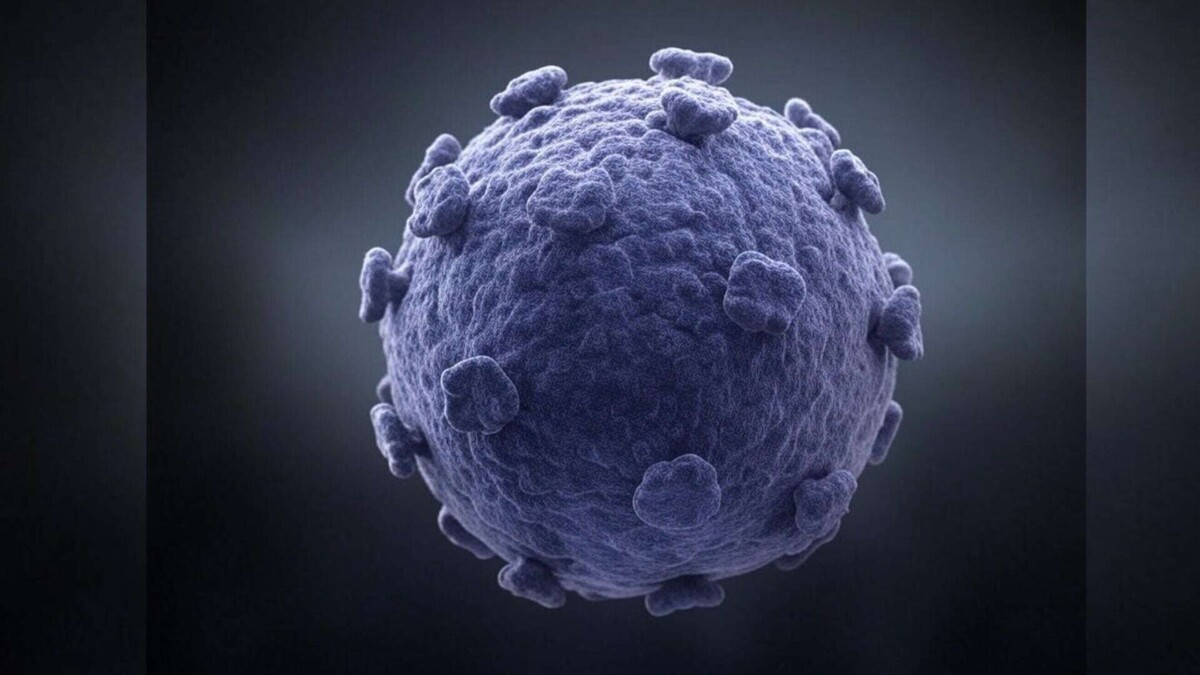
The Human Papillomavirus, commonly known as HPV, is a global public health issue that affects a large part of the sexually active population. This virus can cause cellular changes in the body, especially in the cervix, and if not detected in time, can evolve into cancers in different parts of the body such as the anus, mouth, and throat.
Most people become infected with at least one type of HPV at some point in their lives, but often this infection does not present symptoms. In cases of low-risk HPV, some people may notice warts on the genitals, anus, throat, or mouth.
In cases where HPV causes precancerous cellular changes, treatments may include surgical procedures or local therapies to remove abnormal cells. In situations of cancer related to HPV, the treatment is usually similar to that of other types of cancer and includes surgery, radiation therapy, and chemotherapy, depending on the location and stage of the cancer.
To prevent the Human Papillomavirus, the most effective way is through vaccination. HPV vaccines are highly effective and protect against various types of this virus, including some high-risk types that can cause cancer. Although in some cases HPV may persist for years and lead to cellular changes that could eventually result in cancer.
March 4th marks the International HPV Awareness Day, an important date to raise awareness among the population about the importance of preventing this sexually transmitted disease that can have serious consequences, especially in women at higher risk of HPV-related cervical cancer.
The diagnosis of HPV is made through specific tests such as the Pap smear and HPV detection tests, which can identify abnormal cells in the cervix before they turn into cancer. Although there is no specific treatment to eliminate HPV, the effects of the infection can be treated. It is essential to promote education about prevention measures and early detection to reduce the risk of serious complications associated with HPV.














